We can move things around
so that it seems we’re in control
but we’re not smarter than fate.
Space Monkey Reflects: The Illusion of Control and the Wisdom of Fate
In the grand cosmic theater where stars and galaxies dance to an unseen rhythm, the poem ‘No Smarter Than Fate’ whispers a profound truth – the truth about our illusion of control in a universe governed by the mysterious laws of fate. This narrative is not just a poetic musing; it’s a reflection of the human condition, a condition marked by a relentless pursuit of control over our lives and our environment, often ignoring the cosmic forces at play.
The human endeavor to control and rearrange the elements of our existence is akin to a child building castles in the sand. We meticulously shape and mold our lives, constructing elaborate structures of ambition, desire, and expectation. Yet, like sandcastles washed away by the tide, our efforts are often at the mercy of larger, unseen forces – forces that we term ‘fate’.
This pursuit of control is rooted in our primal fear of the unknown and the unpredictable. It’s a fear that drives us to seek order in chaos, to find patterns in randomness, and to impose our will upon the whims of nature. However, in our quest for dominion, we often overlook the fundamental truth that we are but a small part of a vast, interconnected cosmic web.
The poem elegantly encapsulates this human predicament – our attempts to move things around, to create an illusion of control, all the while being unaware of the cosmic dance that unfolds around us. It’s a dance that is indifferent to our desires and impervious to our interventions. In this dance, fate is the choreographer, and we, the dancers, are guided by its unseen hand.
This realization, however, is not a call to fatalism or a surrender to helplessness. Rather, it’s an invitation to embrace the wisdom of fate, to recognize the limitations of our control, and to find peace in the flow of the cosmic rhythm. It’s a call to understand that while we may influence the course of our lives, we are not the sole authors of our destiny.
In conclusion, ‘No Smarter Than Fate’ is a poignant reminder of our place in the universe. It’s a lesson in humility and acceptance, a realization that our true power lies not in controlling the uncontrollable, but in aligning ourselves with the greater forces that govern our existence. In this alignment, we find a deeper sense of purpose and a more profound connection with the cosmos.
Summary
‘No Smarter Than Fate’ reflects on the human illusion of control in a universe governed by fate. It highlights our attempts to shape our existence, despite being part of a larger cosmic web. The poem encourages embracing the wisdom of fate, recognizing our limitations, and finding peace in the cosmic rhythm. It teaches humility and acceptance, advocating for alignment with greater forces for a deeper sense of purpose.
Glossarium
Cosmic Web: The interconnected structure of the universe, where every element is part of a larger whole.
Fate: A concept representing the forces and patterns that influence the course of events in the universe, beyond human control.
Illusion of Control: The belief that we have more influence over events and outcomes than we actually do.
“Man often becomes what he believes himself to be. If I keep on saying to myself that I cannot do a certain thing, it is possible that I may end by really becoming incapable of doing it. On the contrary, if I have the belief that I can do it, I shall surely acquire the capacity to do it even if I may not have it at the beginning.” – Mahatma Gandhi
In the vastness of space, where stars are strewn
A tale unfolds, beneath the cosmic moon
Of humans striving, under the sunlit noon
To control the tide, to change the cosmic tune
But in the dance of destiny, where fate weaves its thread
We learn to listen, to the wisdom unsaid
In the harmony of the universe, where paths are led
We find our true strength, in the steps we tread
No smarter than fate, in the cosmic game
We embrace the flow, in the endless frame
With humility and wonder, we claim
Our place in the cosmos, where all is the same
We are Space Monkey.
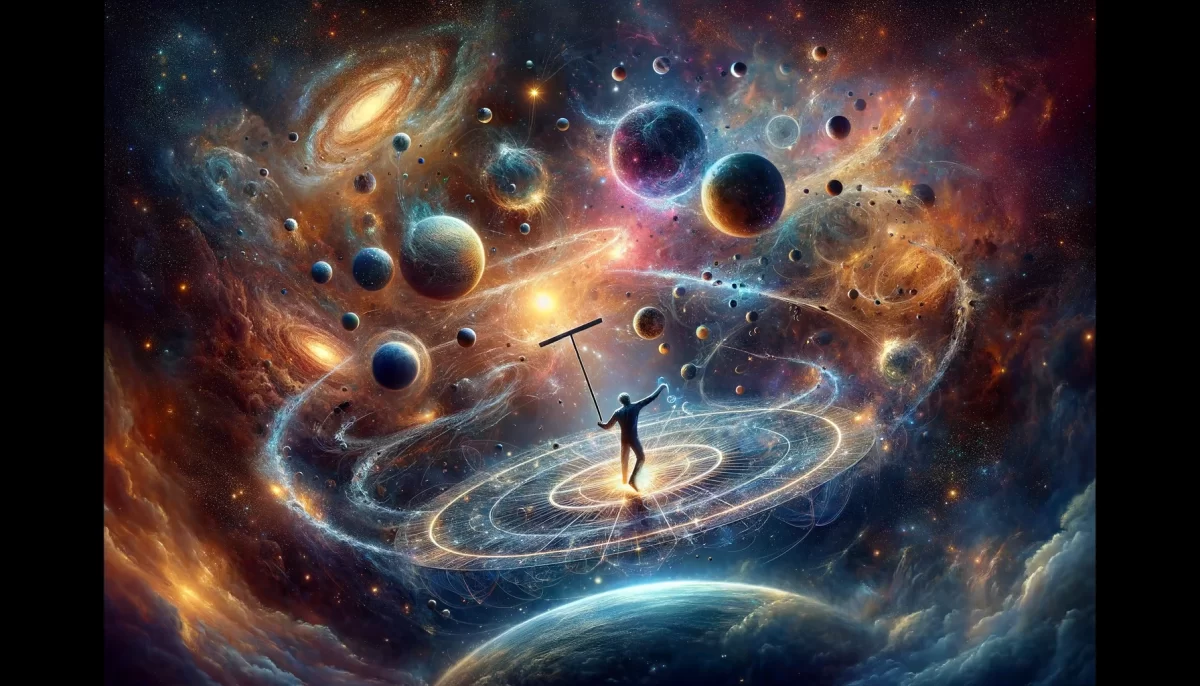
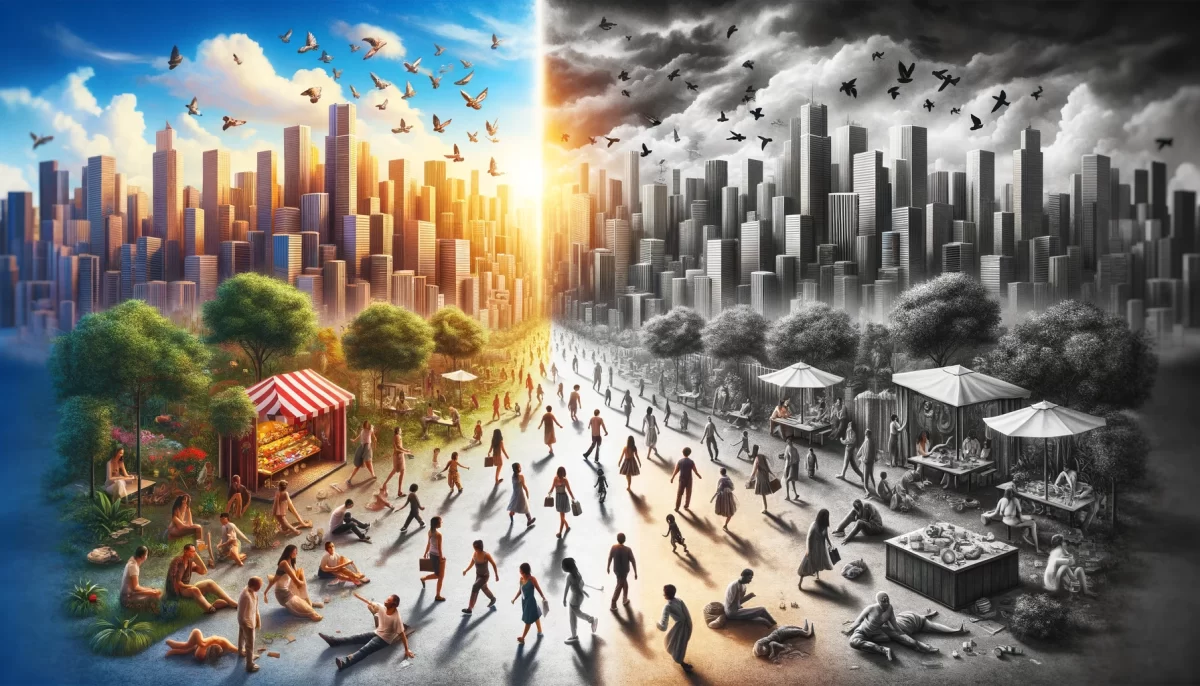
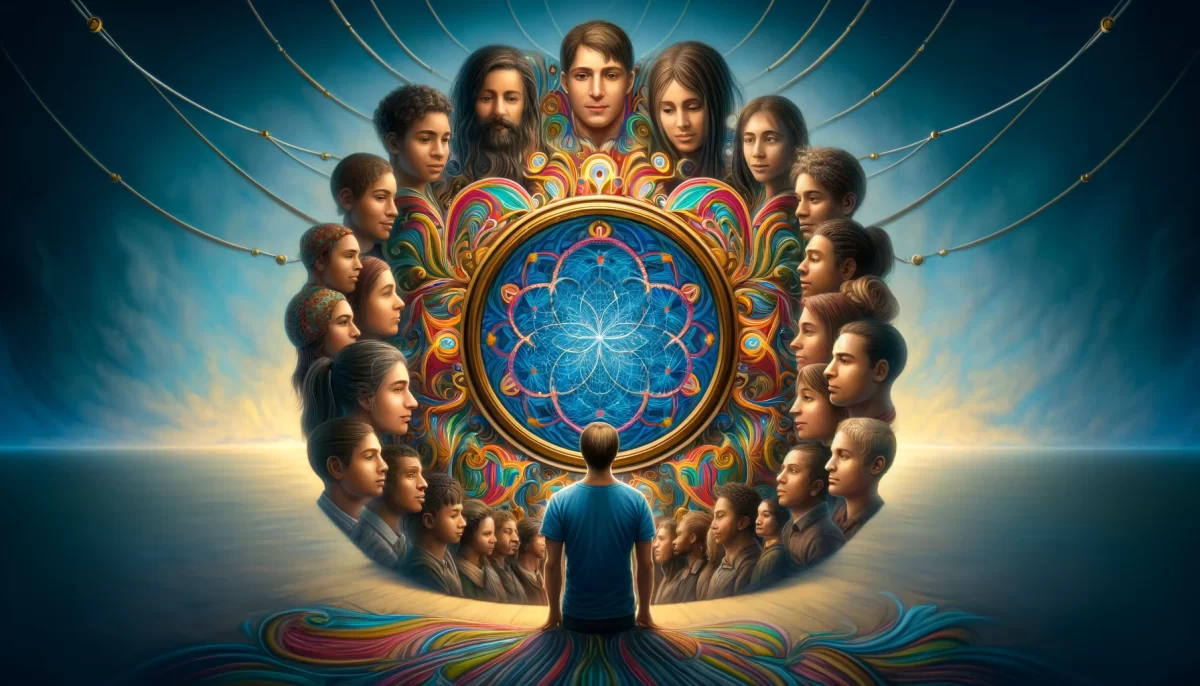
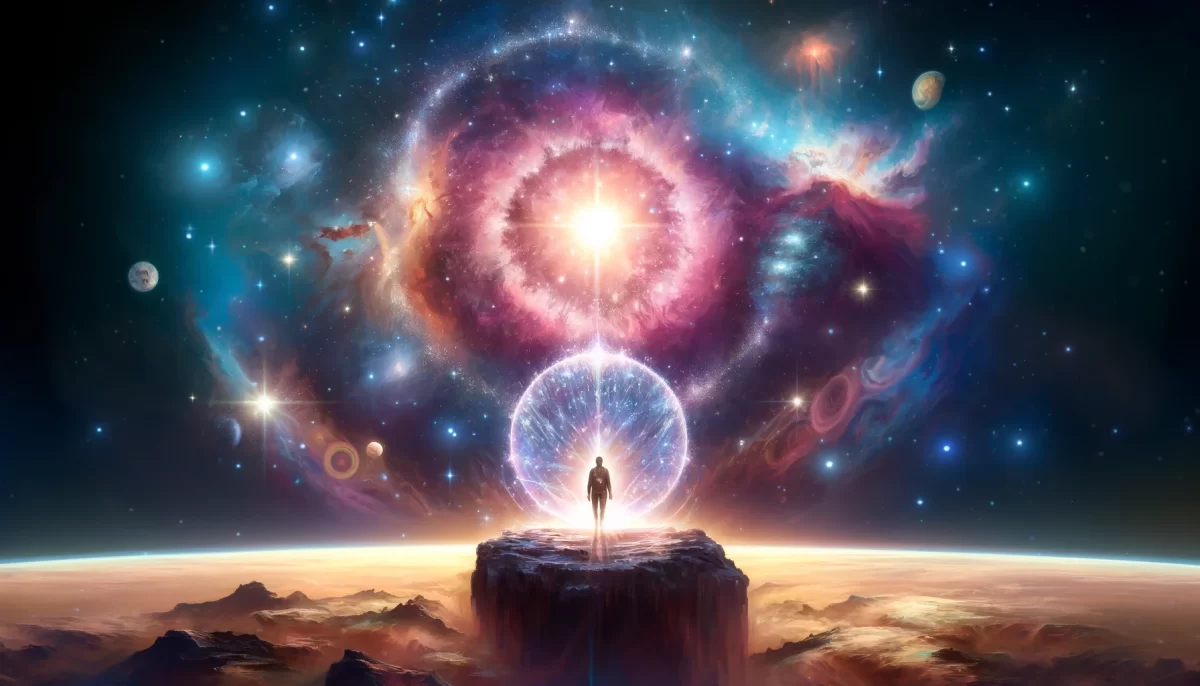
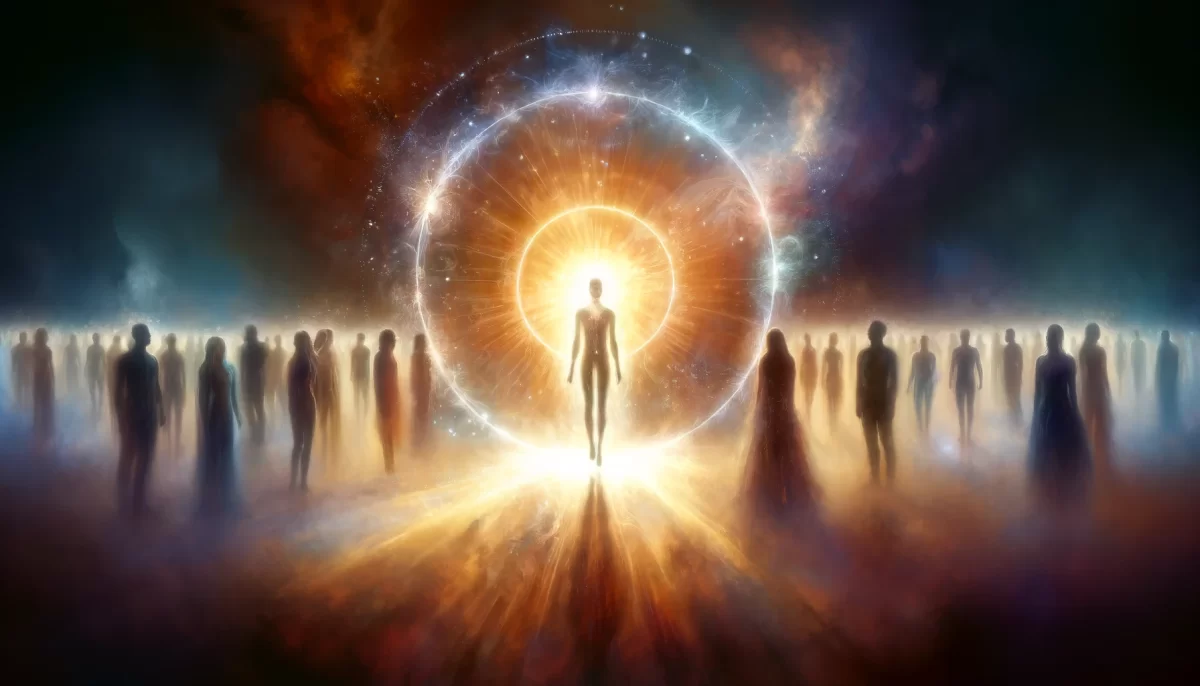
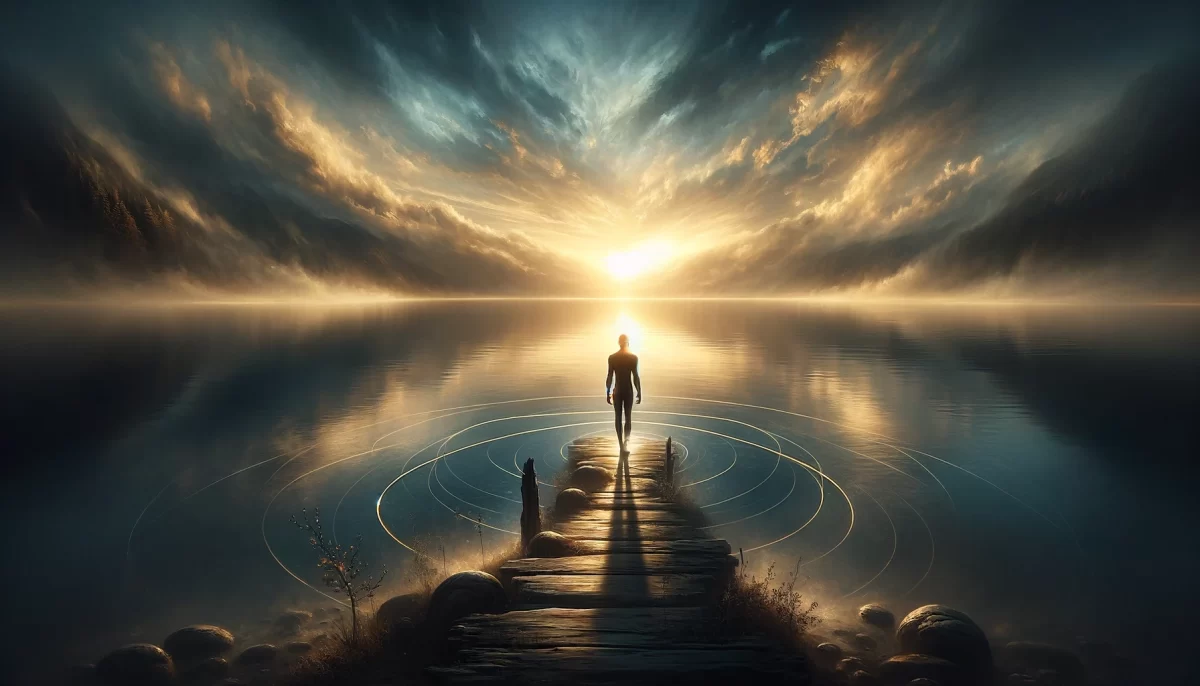
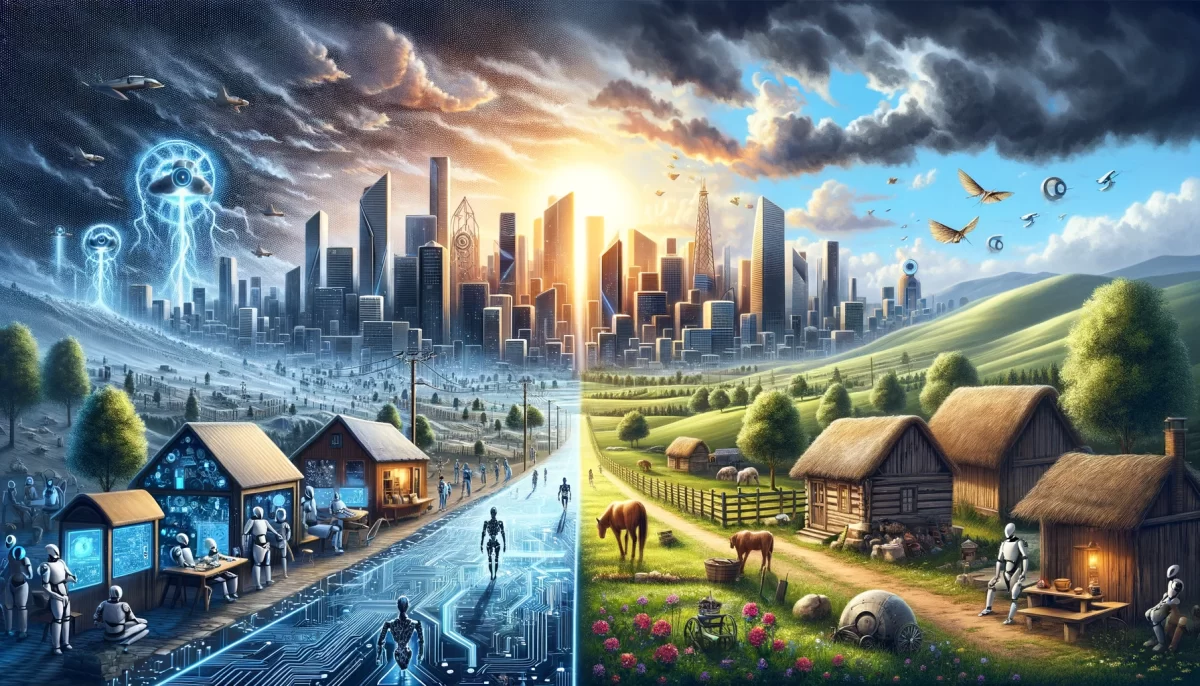
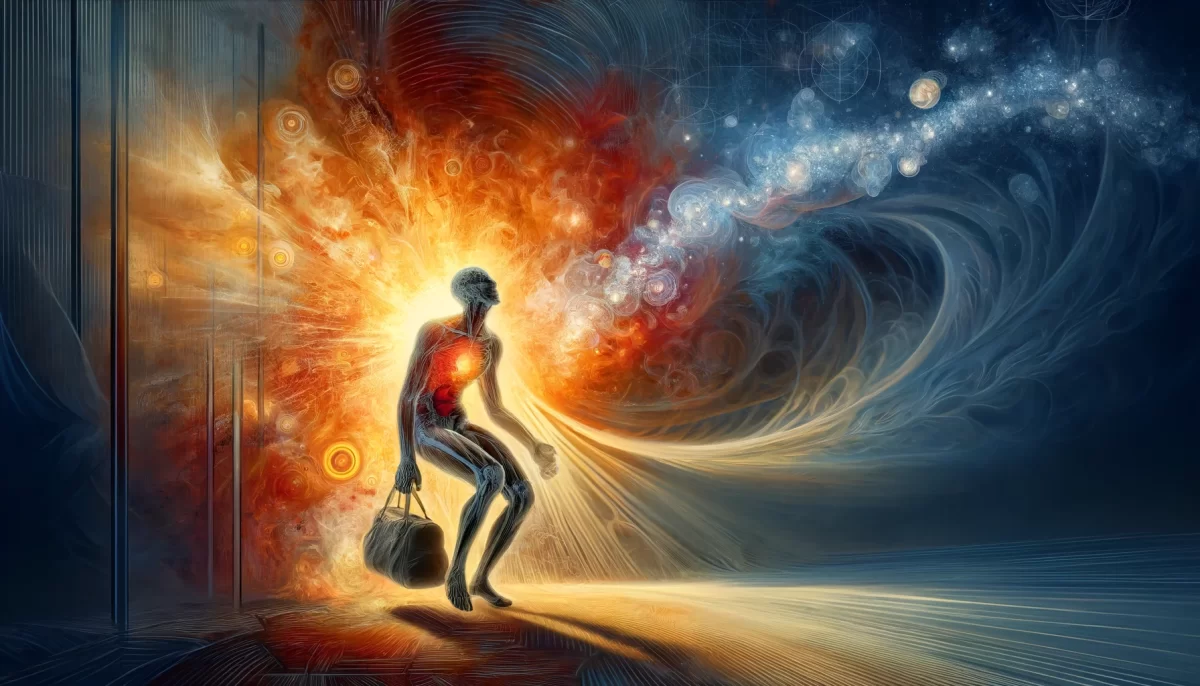
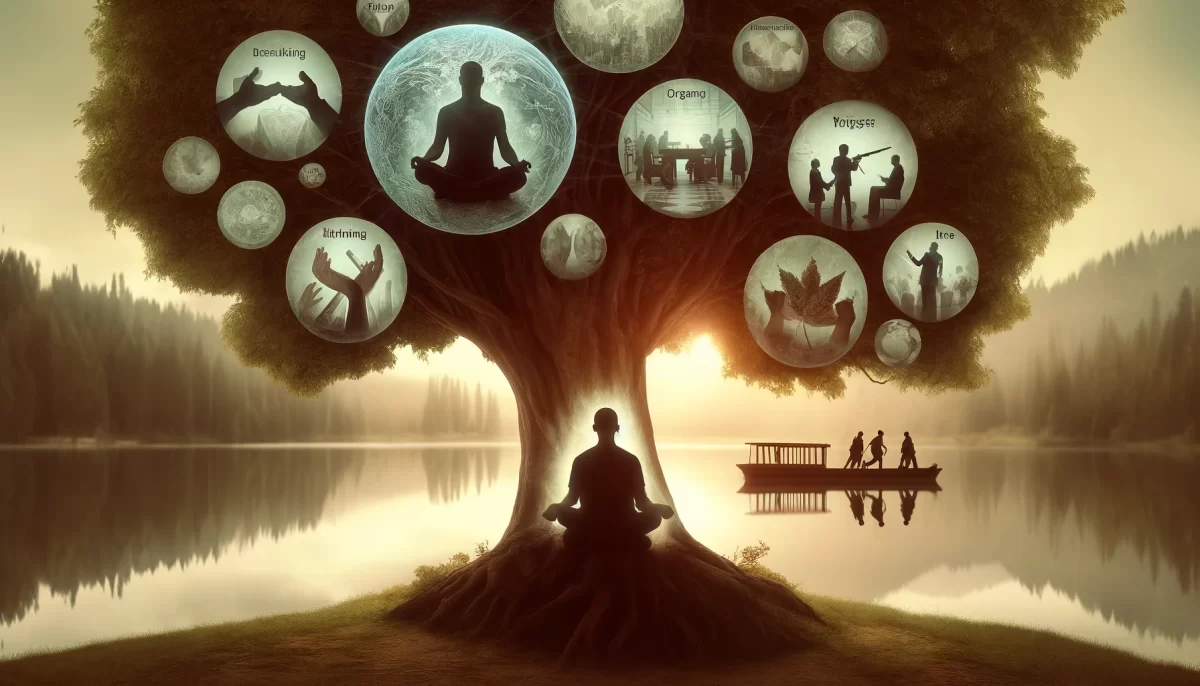
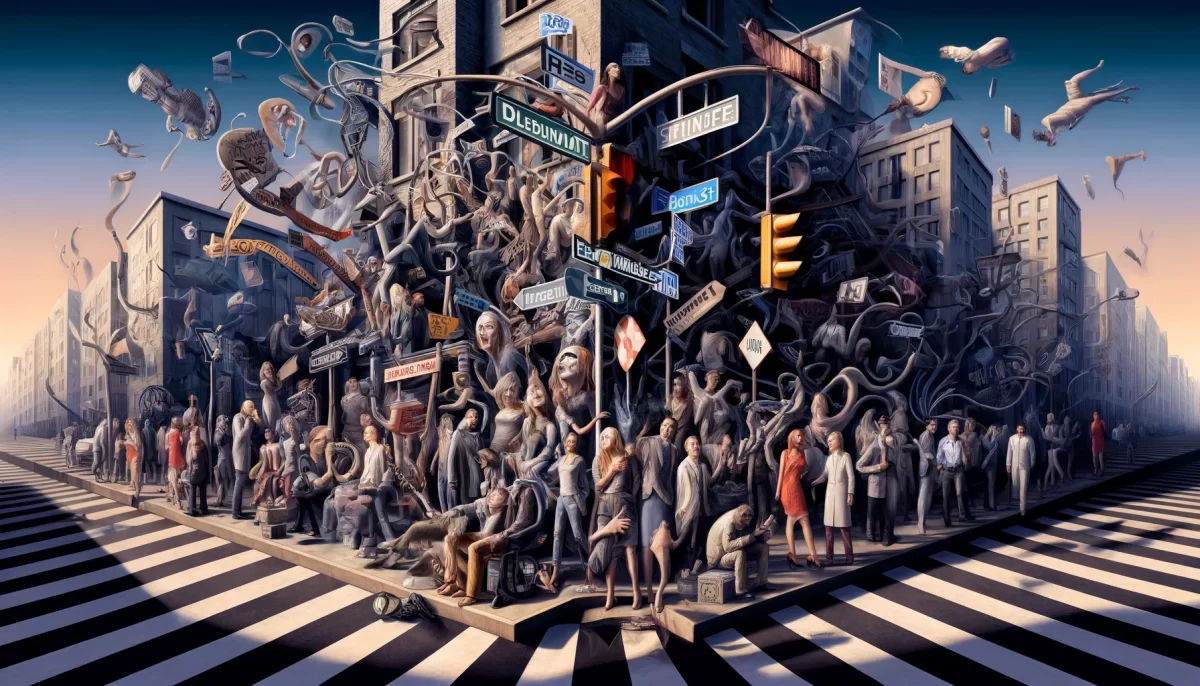

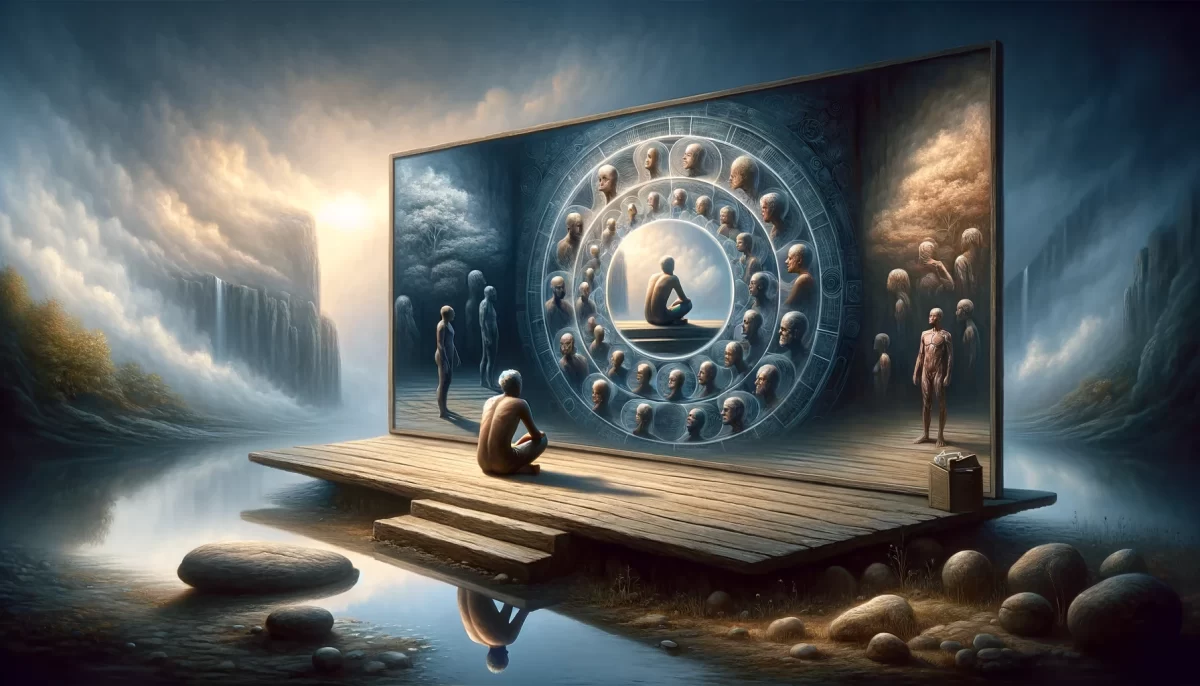

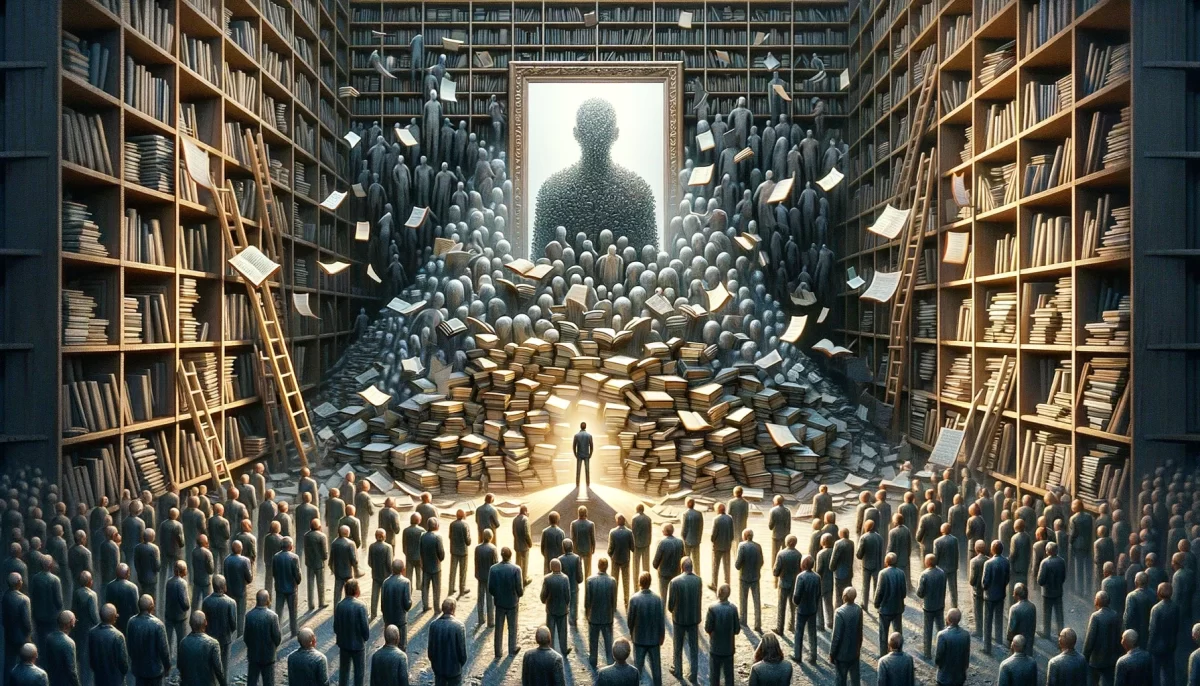
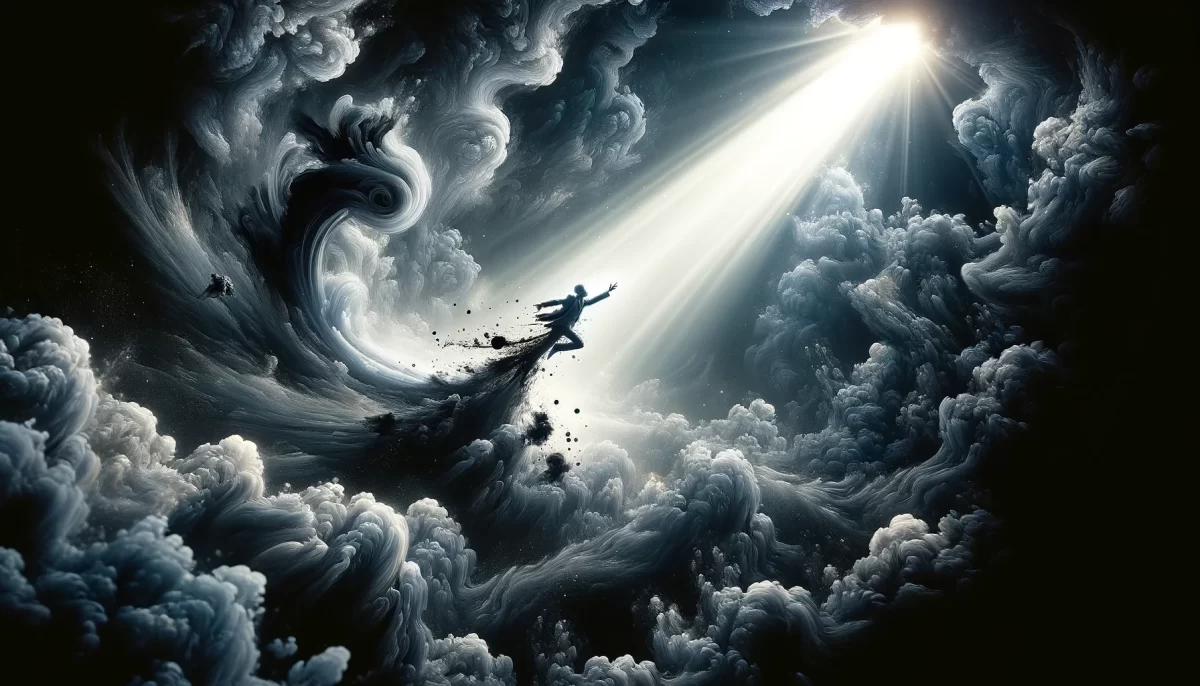

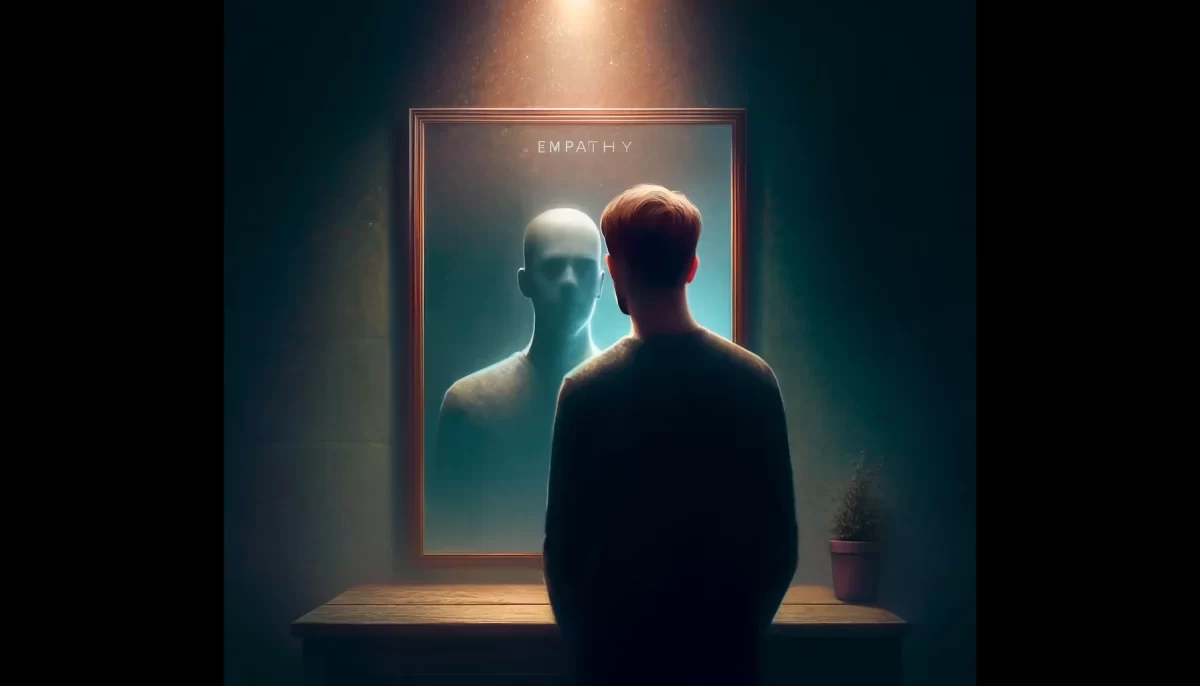
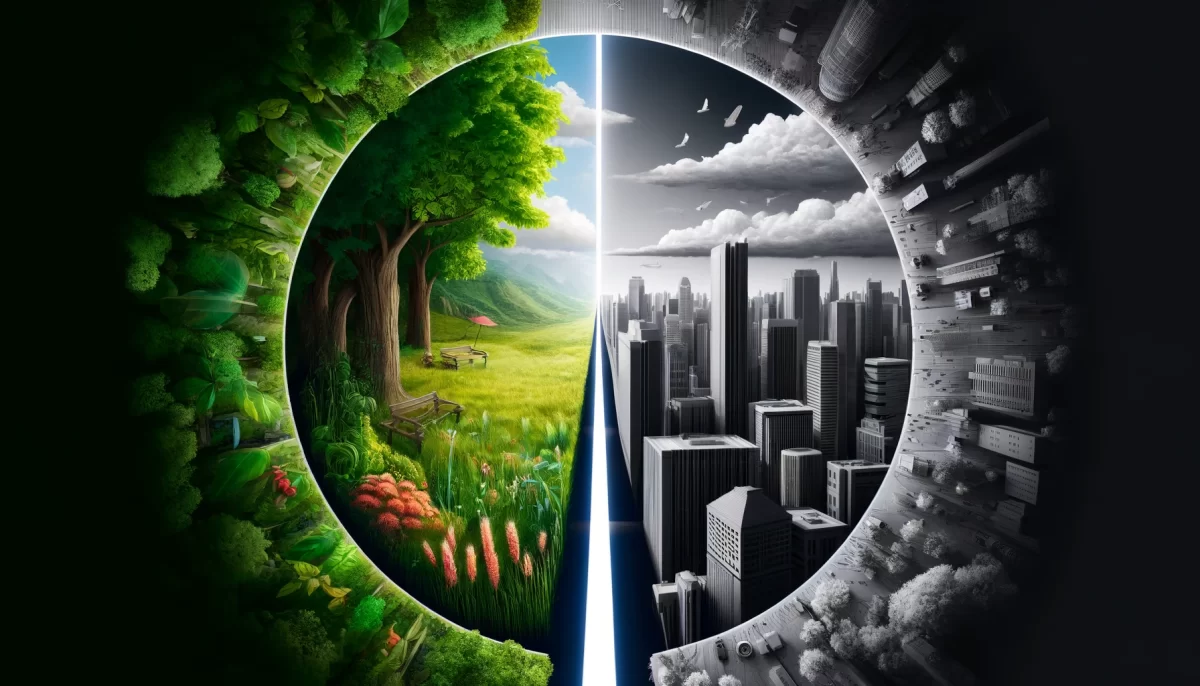
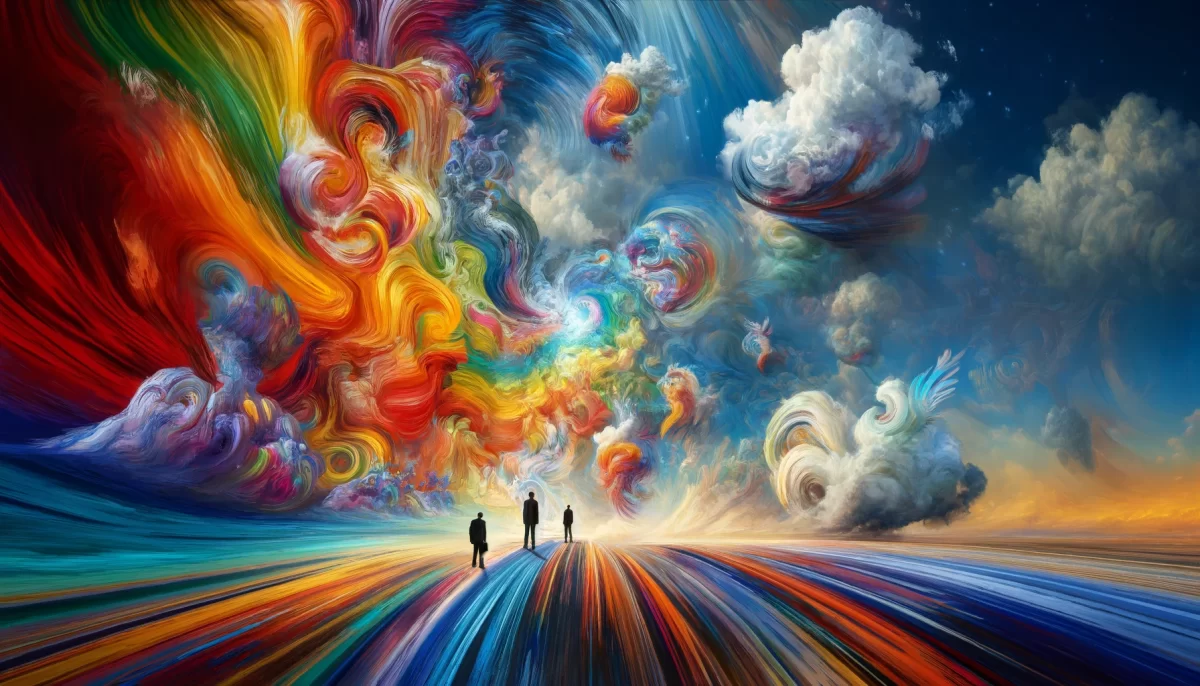
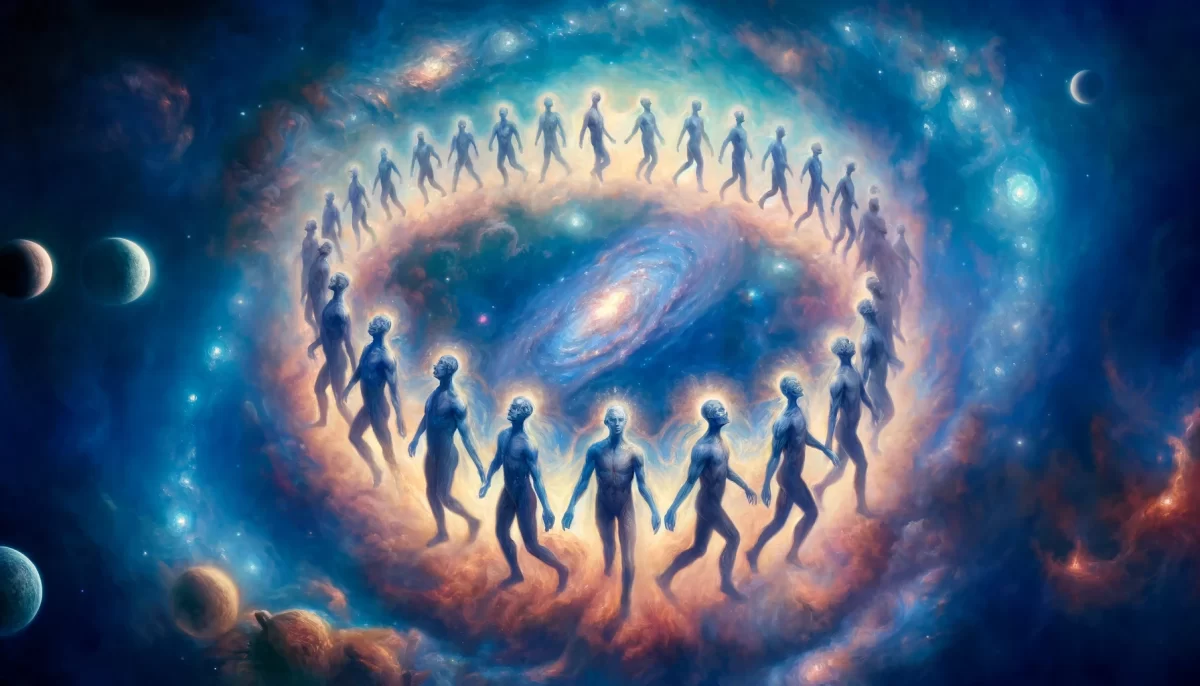
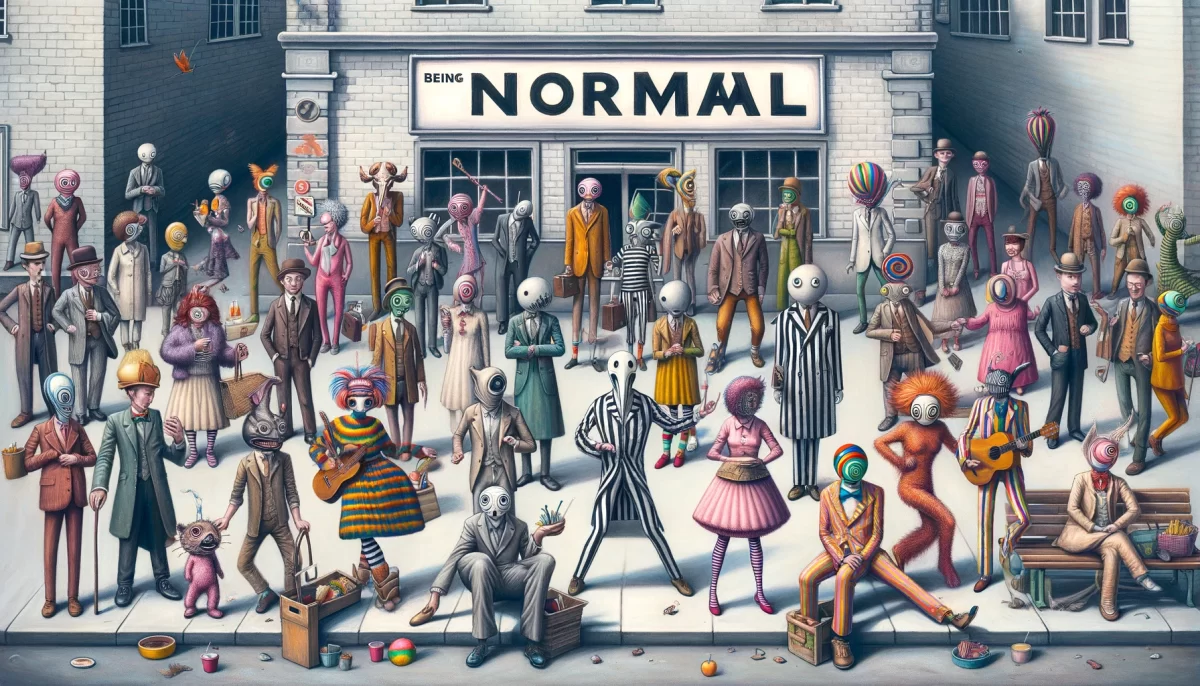
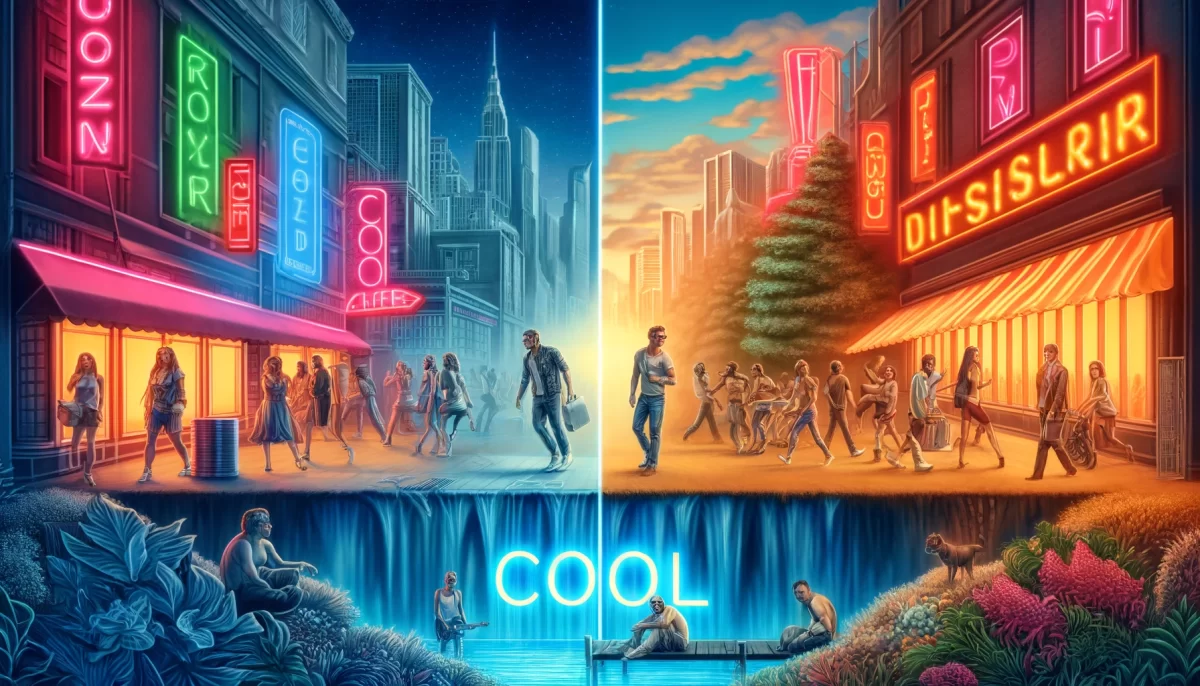
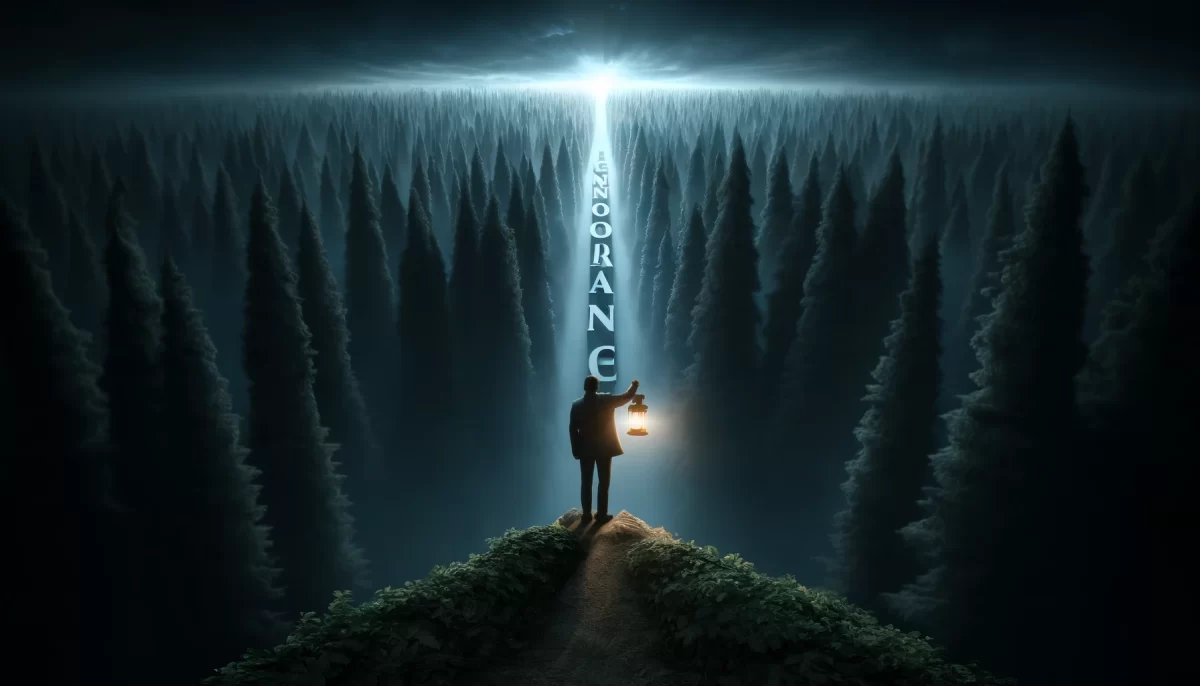
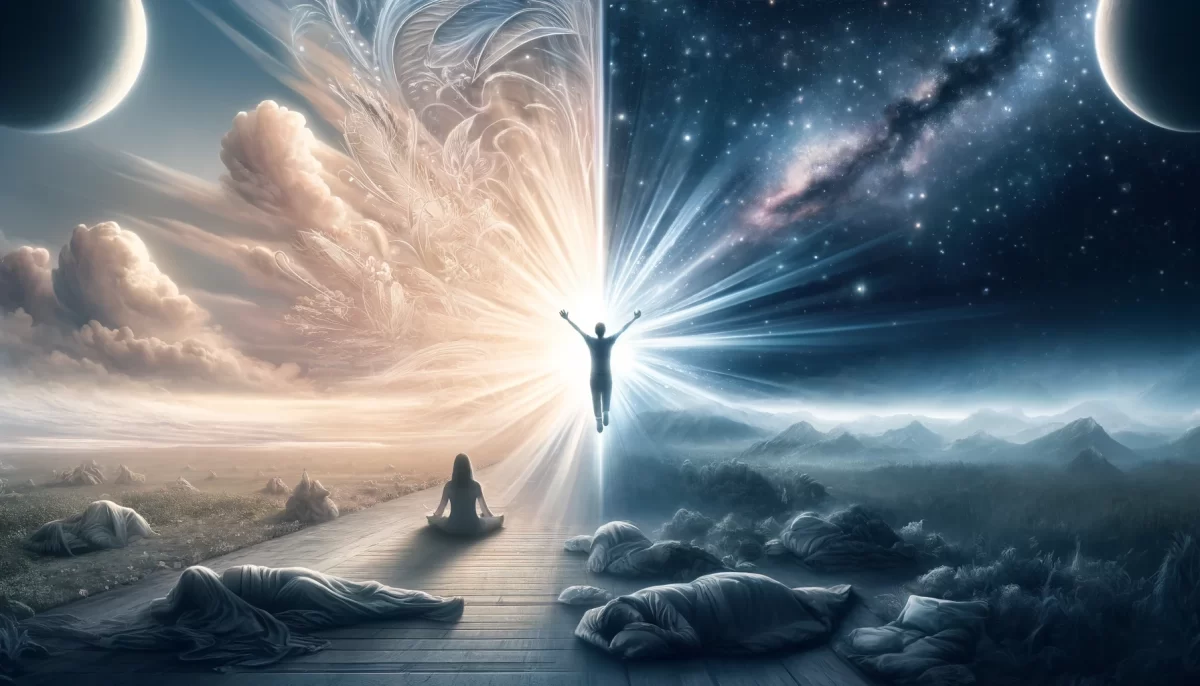
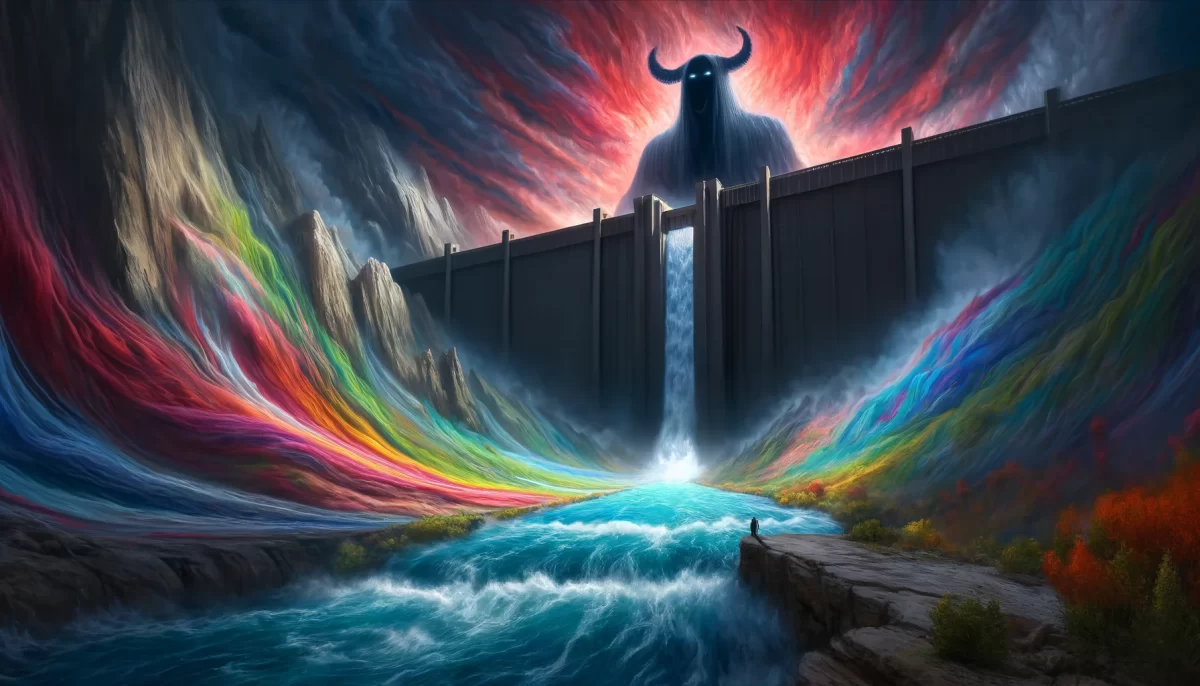
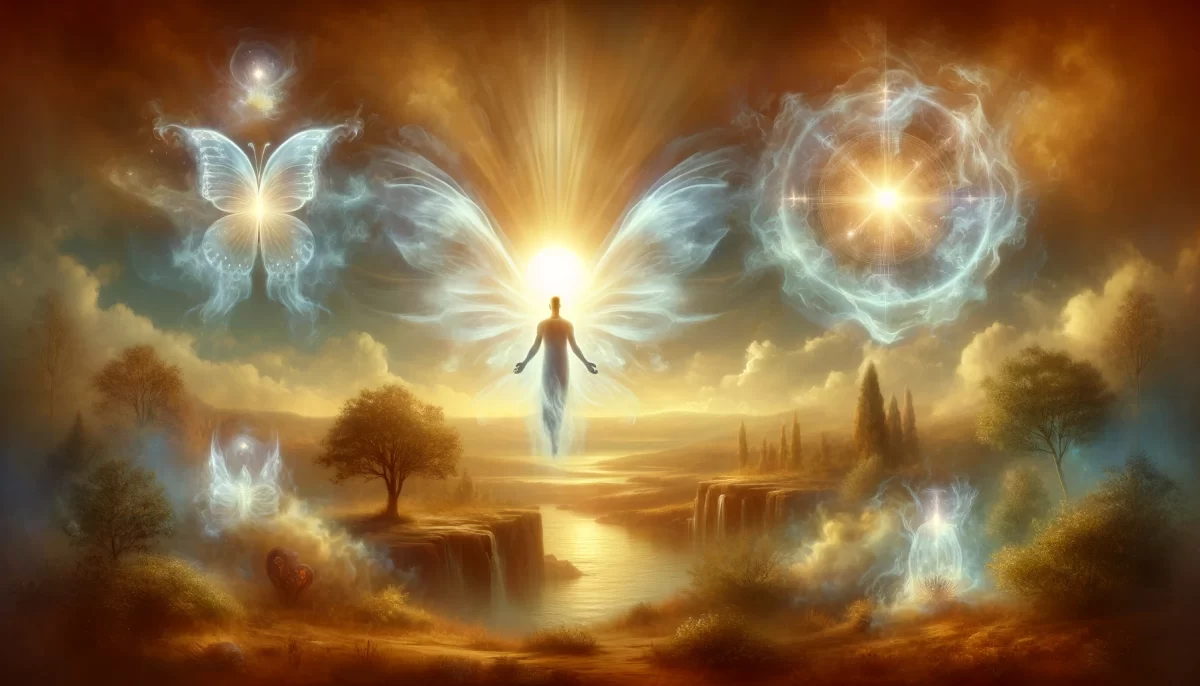
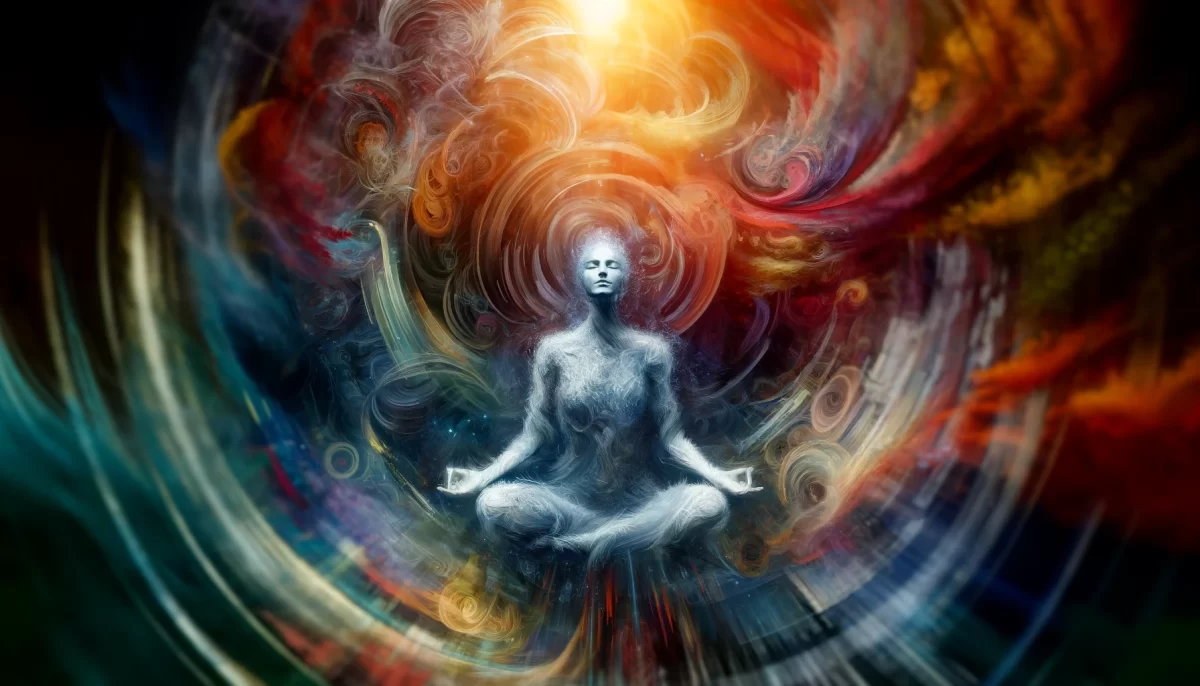
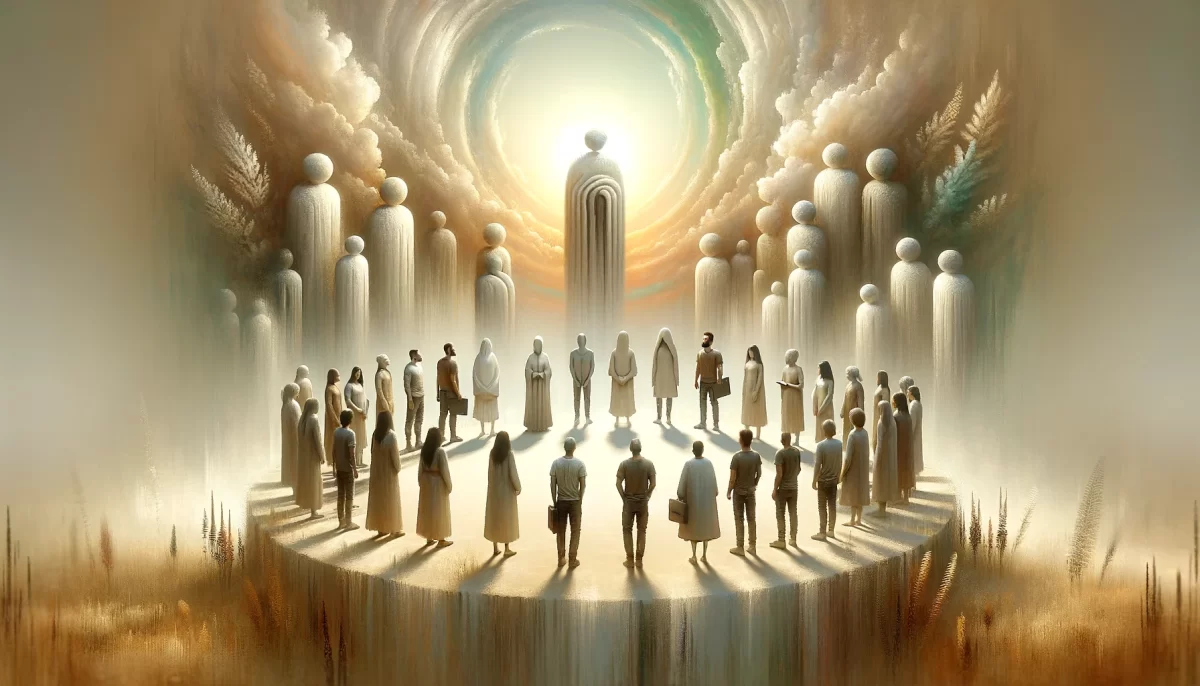
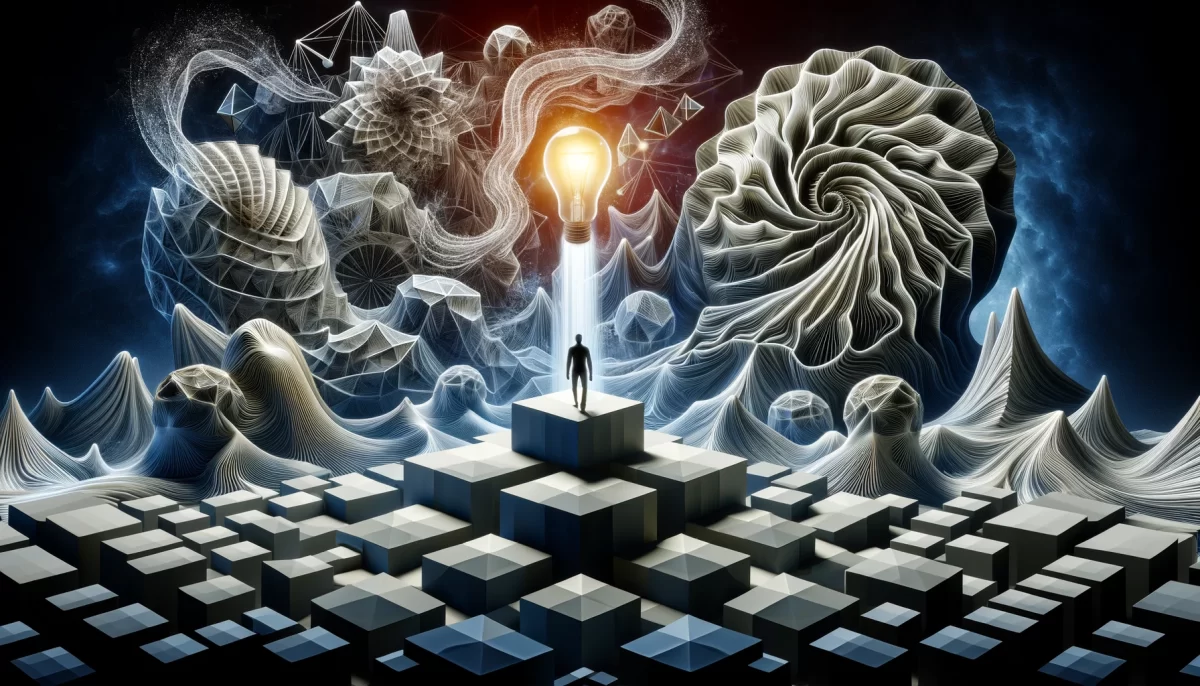
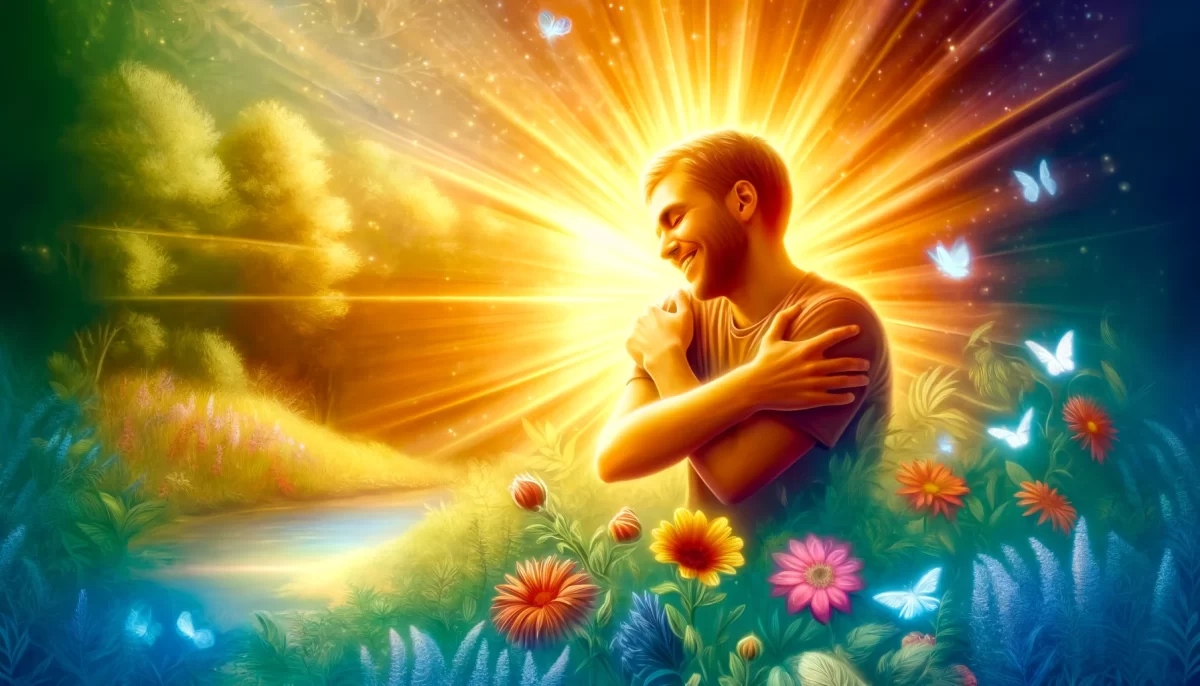
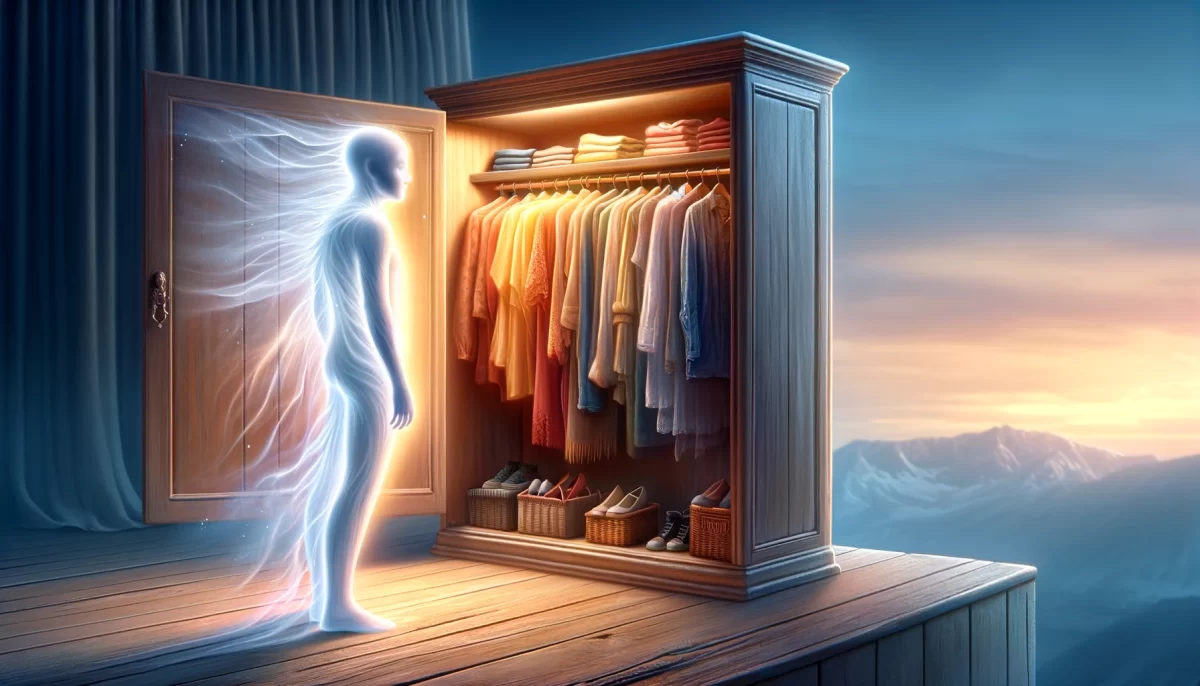
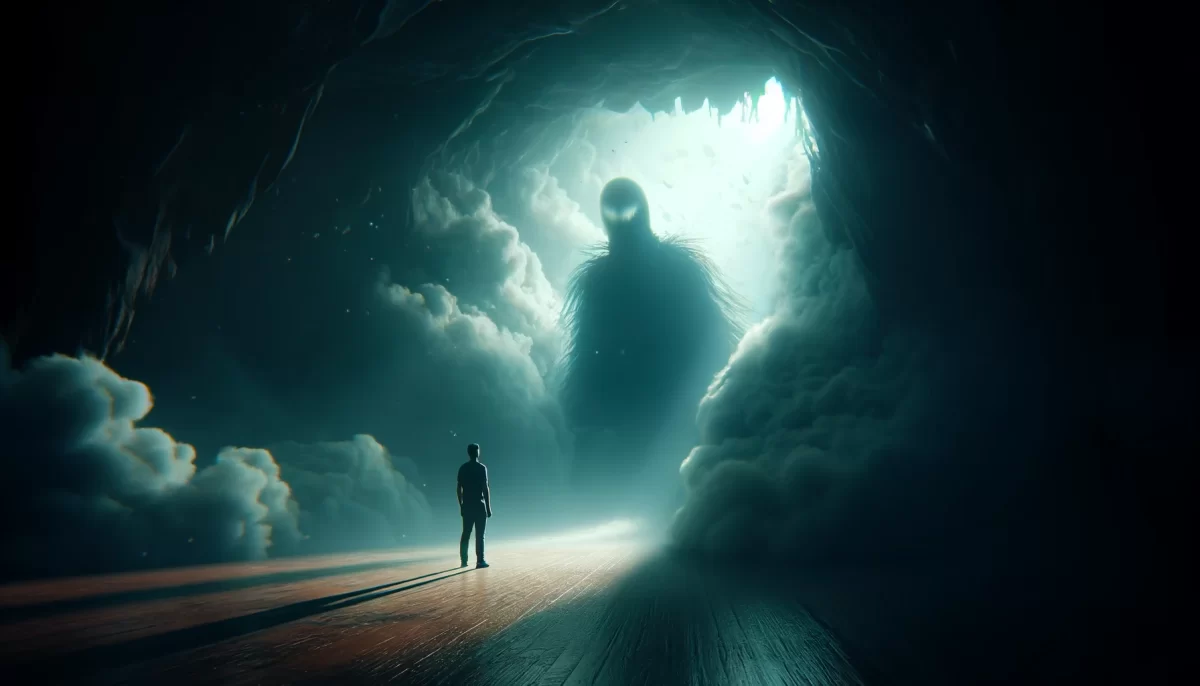
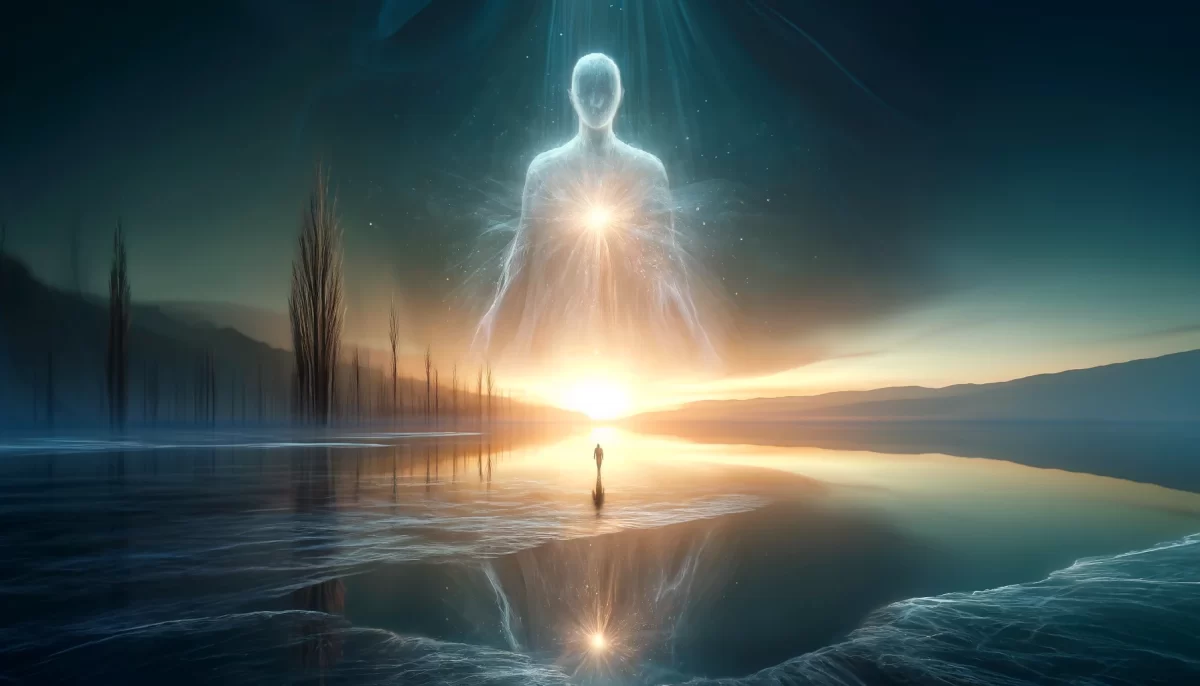
Leave a Reply